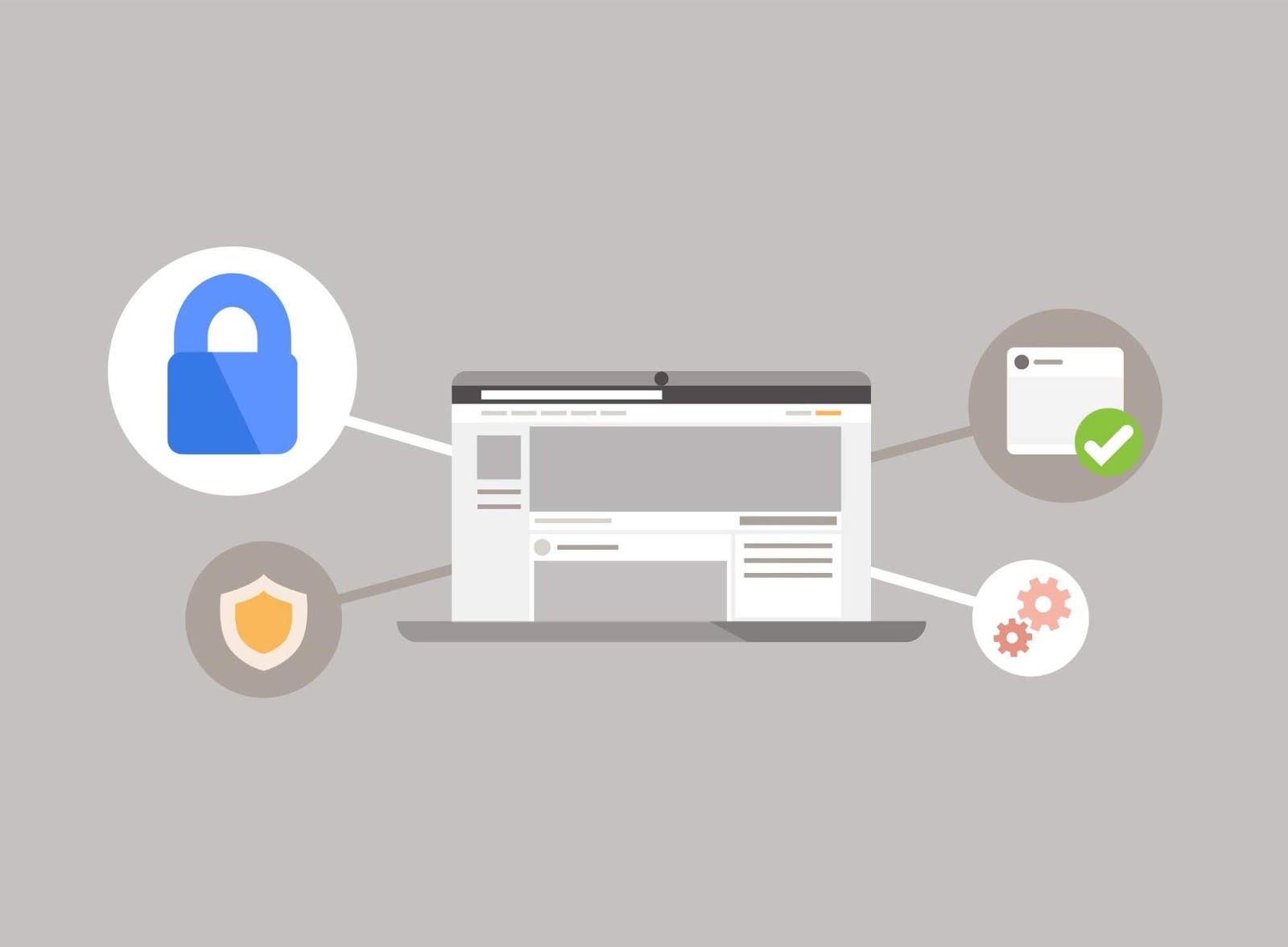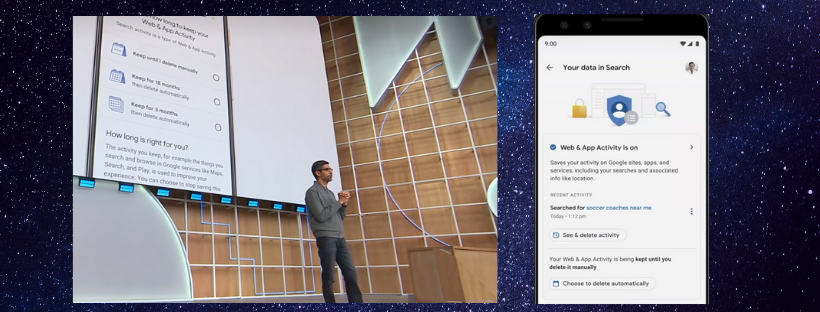How Will Facebook's Clear History Tool Impact Advertisers?

Remember when Facebook surprised F8 attendees last year with the announcement that it was developing a Clear History tool for users?
Well, nearly a year later, the feature is reportedly “within months” of being released, and will enable Facebook users to delete third-party data used to track them outside of Facebook that would otherwise be used for advertising on the platform.
Don’t freak out just yet — we’ve got the details on how it will impact advertisers and what you can do to prepare for the change.
“Website retargeting audiences, such as though used in dynamic product campaigns, could see effects if users choose to clear their history, but performance implications will not be clear until the feature rolls out.”

-Katy Lucey, Director of Paid Social at Tinuiti
Facebook’s Clear History is a feature that allows users to erase third-party tracking data collected outside of Facebook that is used for advertising.
“This will include a list of the apps and websites someone visits that use our business tools such as the Facebook pixel, SDK and API,” states Facebook’s blog announcement.
The tool was first announced at last year’s F8 Conference and will reportedly give users:
Make no mistake, clear history will have an impact on advertisers who are targeting users that decide to use the feature.
Facebook has already forewarned marketers, writing in their original announcement that:
“When someone disconnects their off-Facebook activity, we won’t use the data they clear for targeting. This means that targeting options powered by Facebook’s business tools, like the Facebook pixel, can’t be used to reach someone with ads. This includes Custom Audiences built from visitors to websites or apps.”

While any impact on targeting can cause alarm many of us marketers, it’s important to understand that not all data and audience types will be affected.
“Facebook’s first-party targeting data, including interests, demographics, list audiences, and lookalikes will not be affected by this change,” explains Lucey.
“Website retargeting audiences, such as though used in dynamic product campaigns, could see effects if users choose to clear their history, but performance implications will not be clear until the feature rolls out.“
While it’s impossible to gauge whether we will see mass adoption of the tool (users that do set themselves up for a non-personalized ad experience), it’s safe to say that advertisers on Facebook should be proactive rather than reactive.
“Advertisers who are not currently running these [first-party] audiences should begin to test them to set a baseline for performance,” advises Lucey.
“Tinuiti recommends continuing to build strong email lists ahead of the launch to be able to directly retarget to those users while testing the effects on website retargeting campaigns.”

If there is any single theme we are seeing from recent changes with Facebook’s Clear History tool, Google and Apple with cookie blocking, and wide-reaching data policies like GDPR in Europe and soon CCPA in California — it’s that marketers will need to adapt to a landscape becoming more restrictive around the collection and use of third-party data.
This is a call to action for advertisers to improve on:
